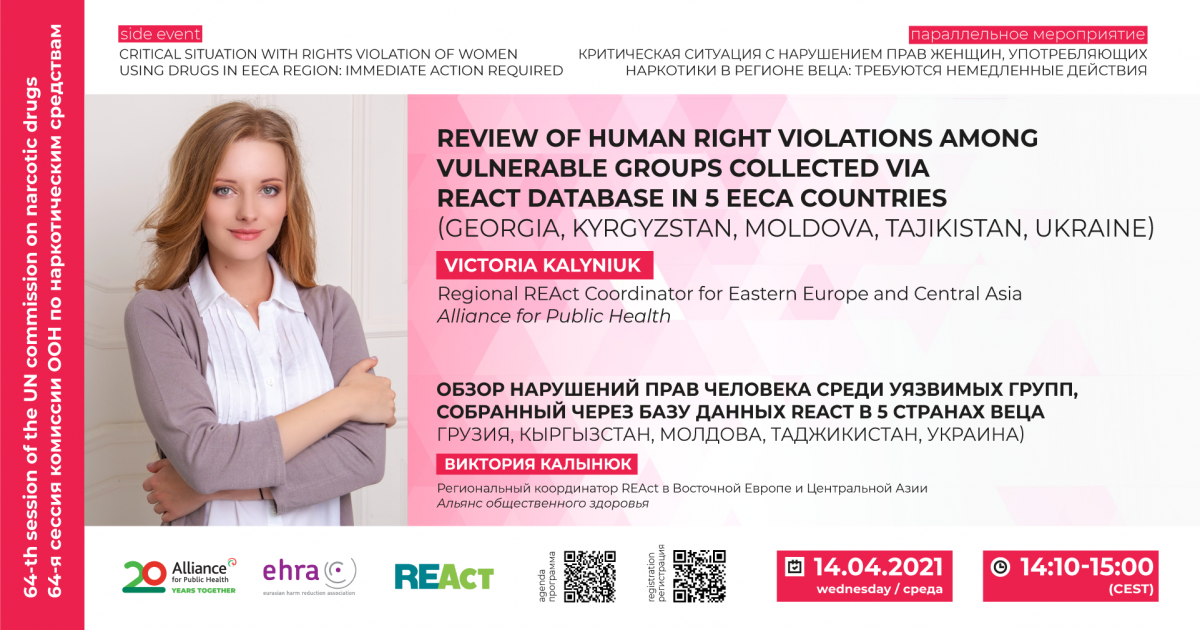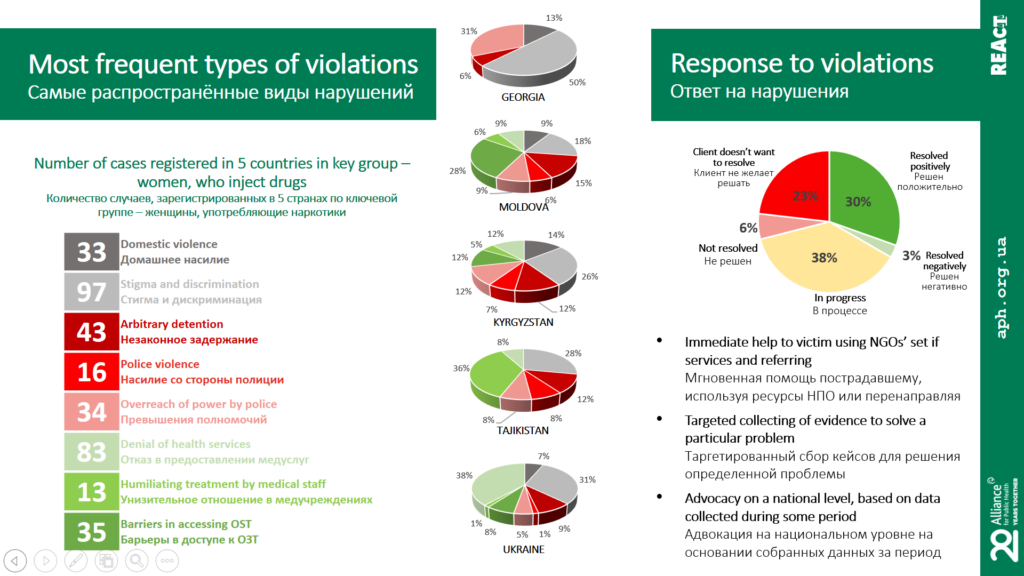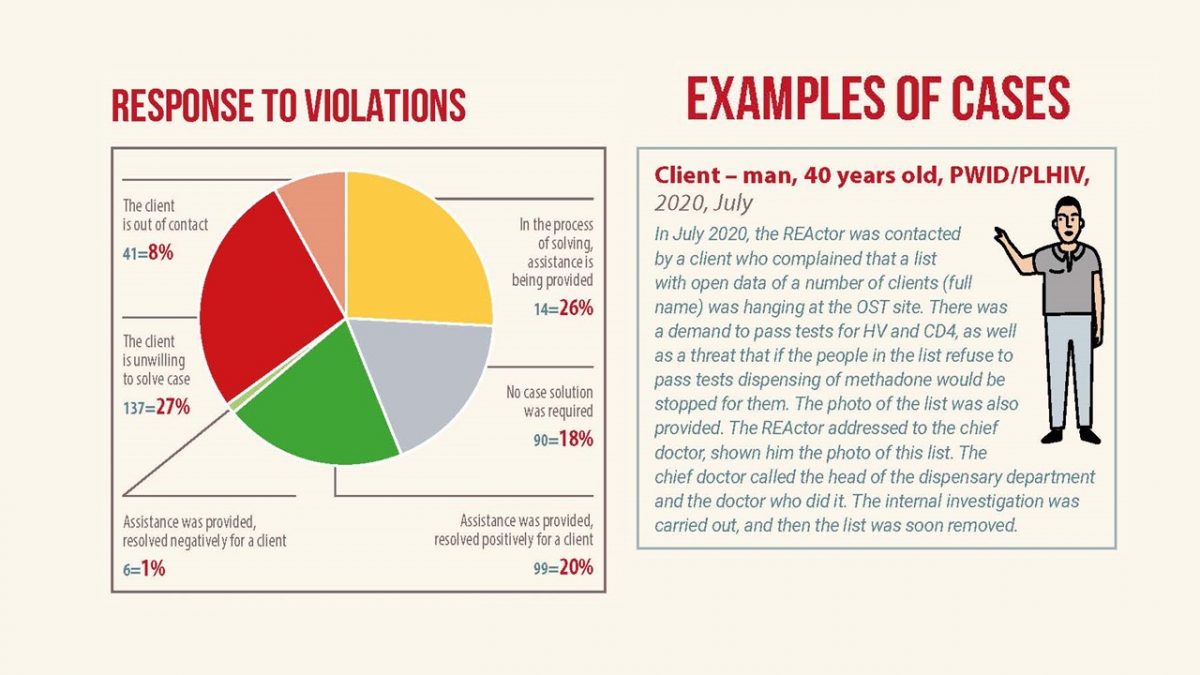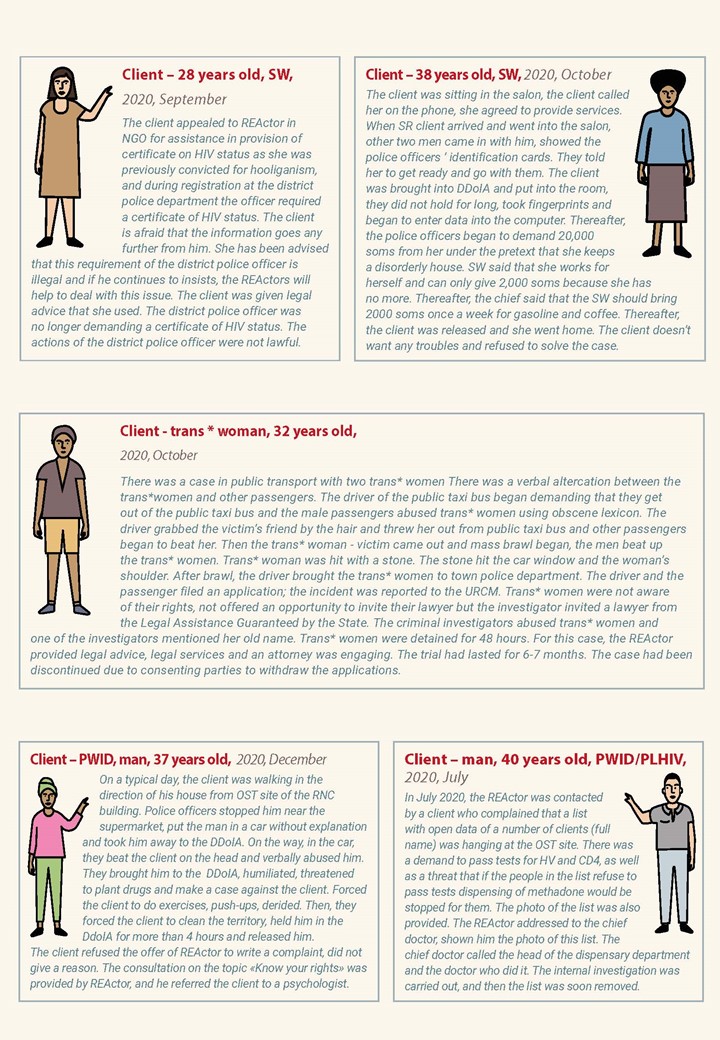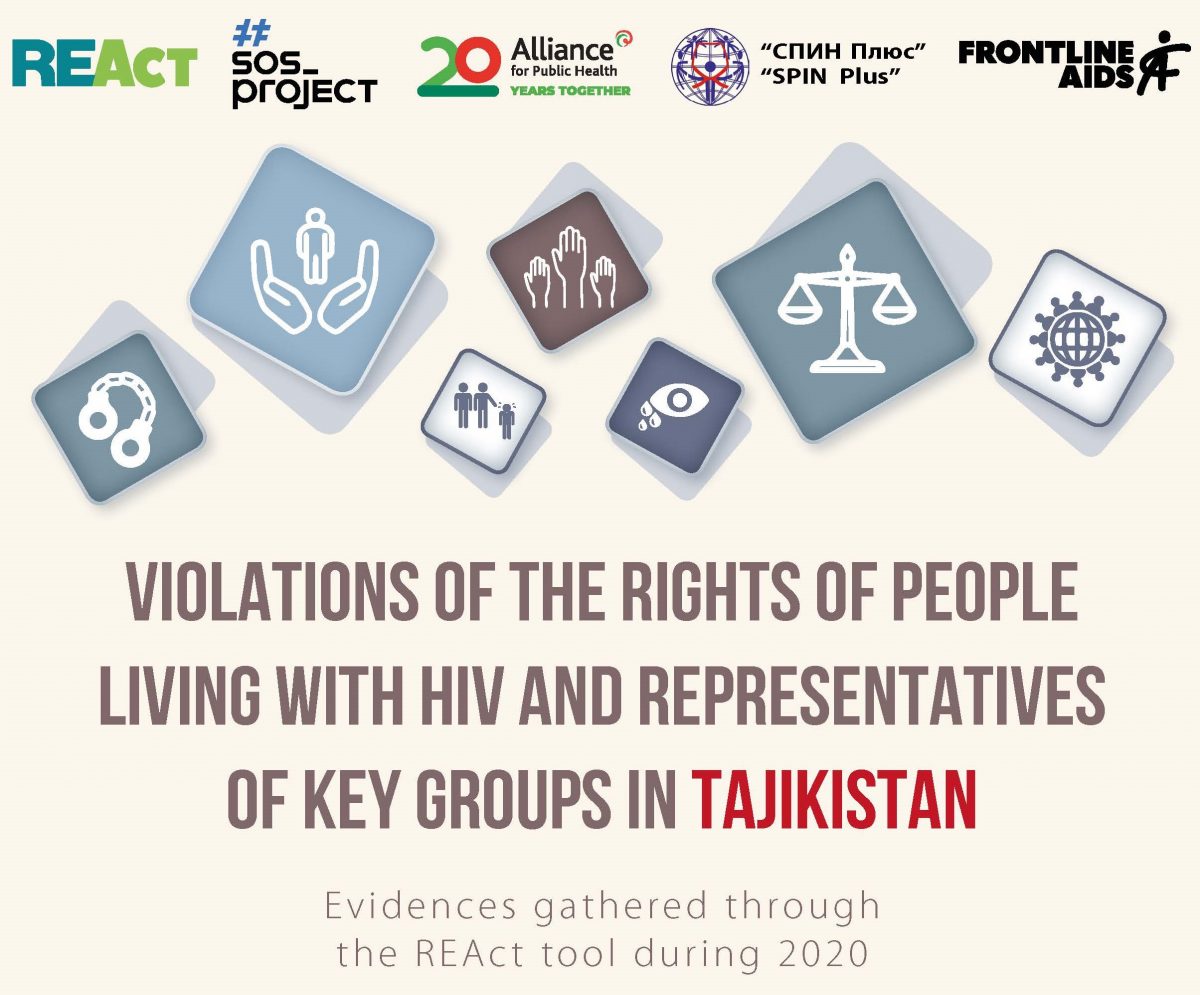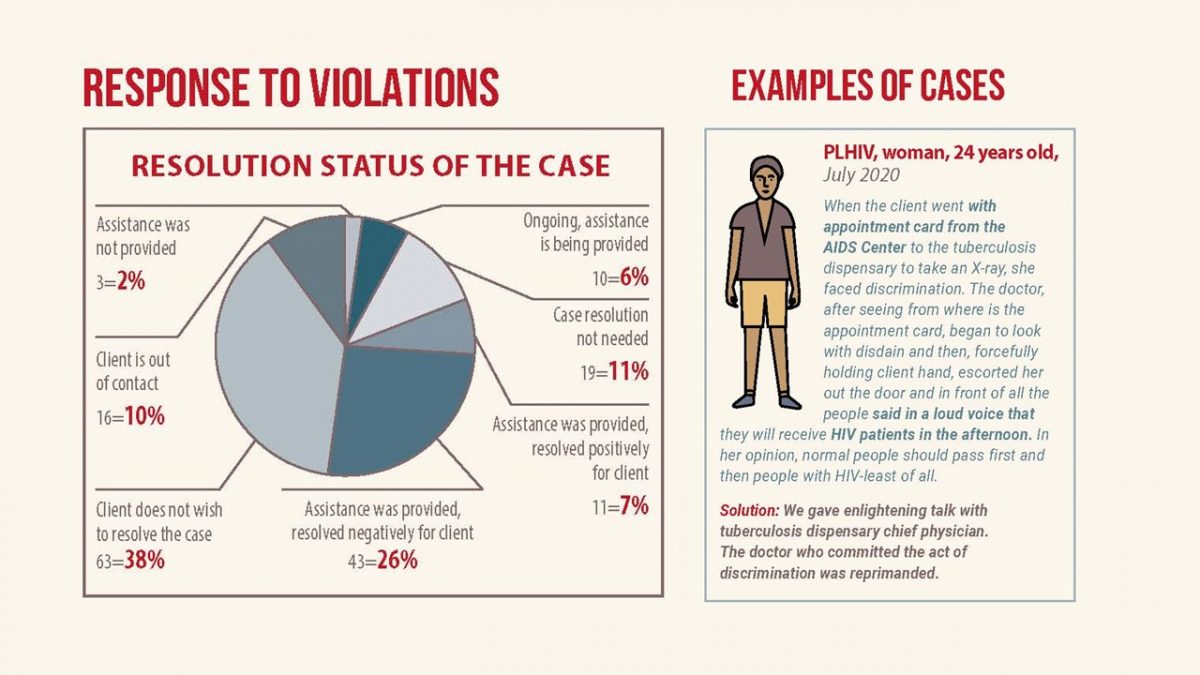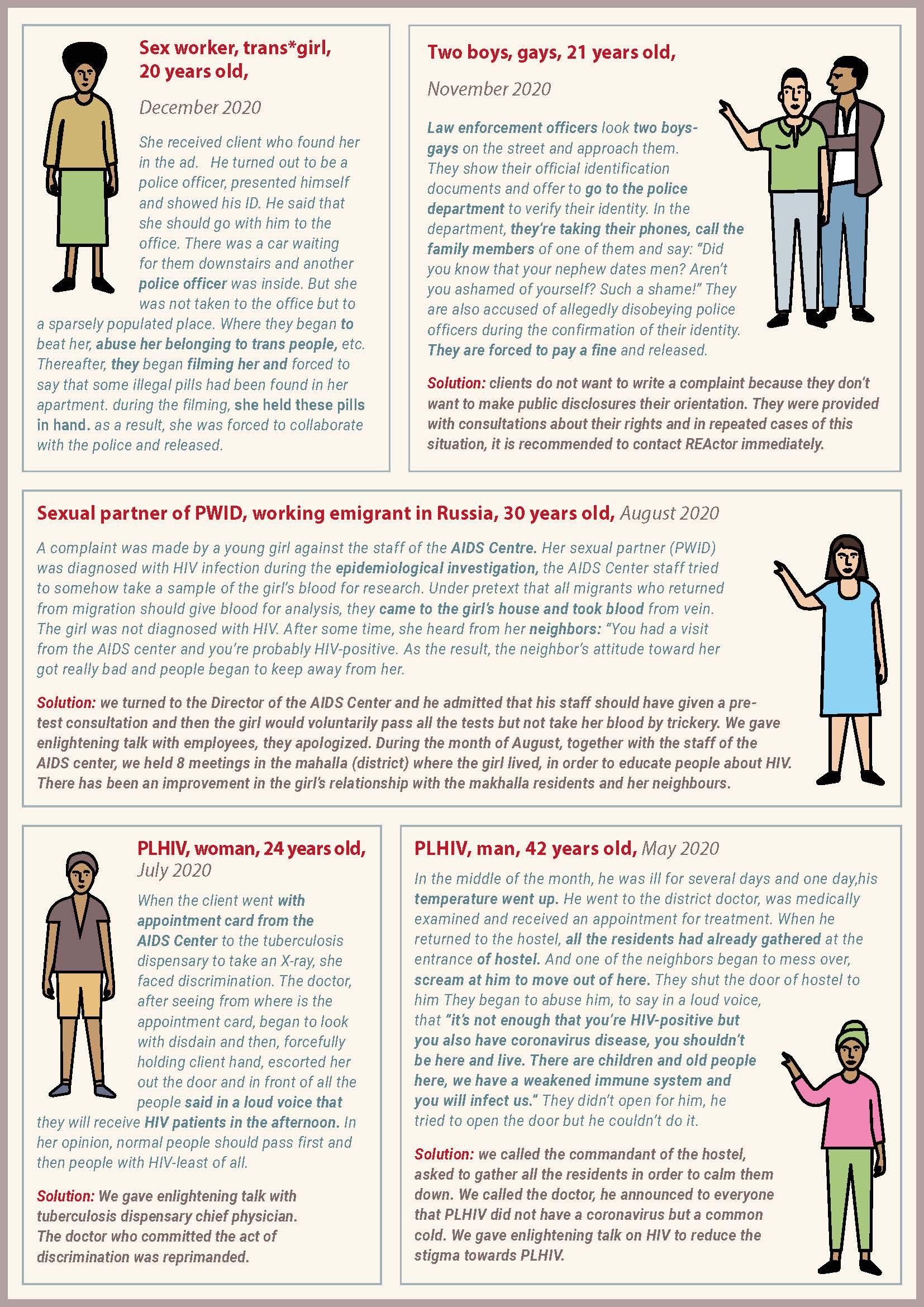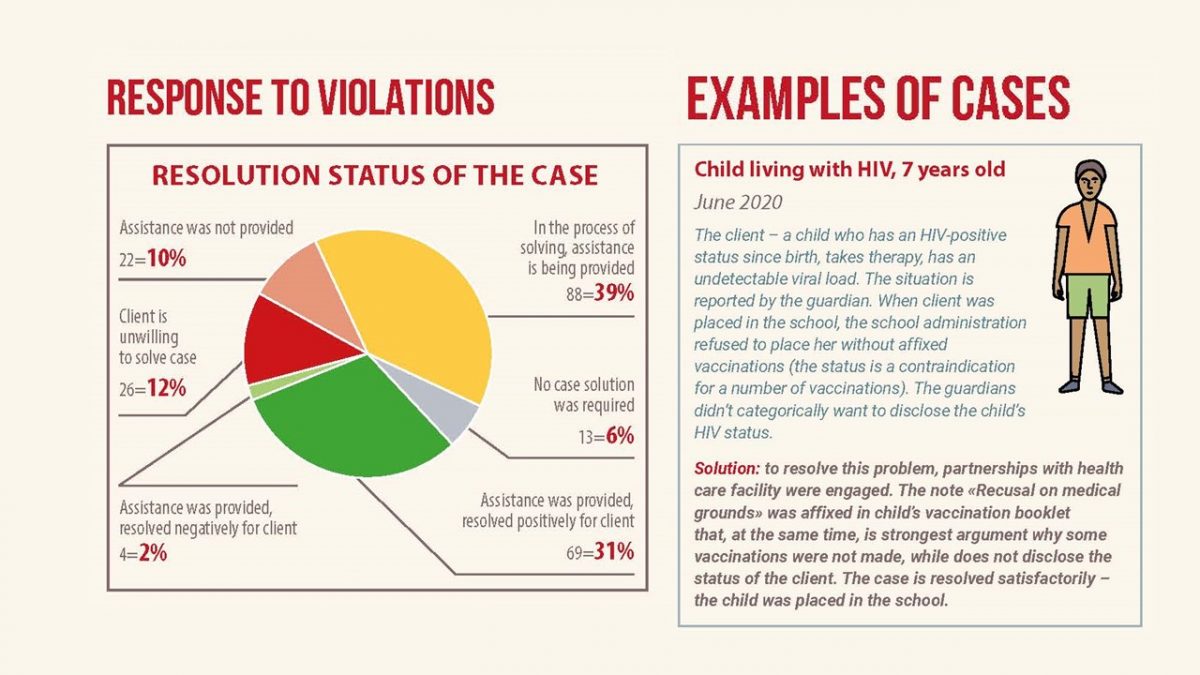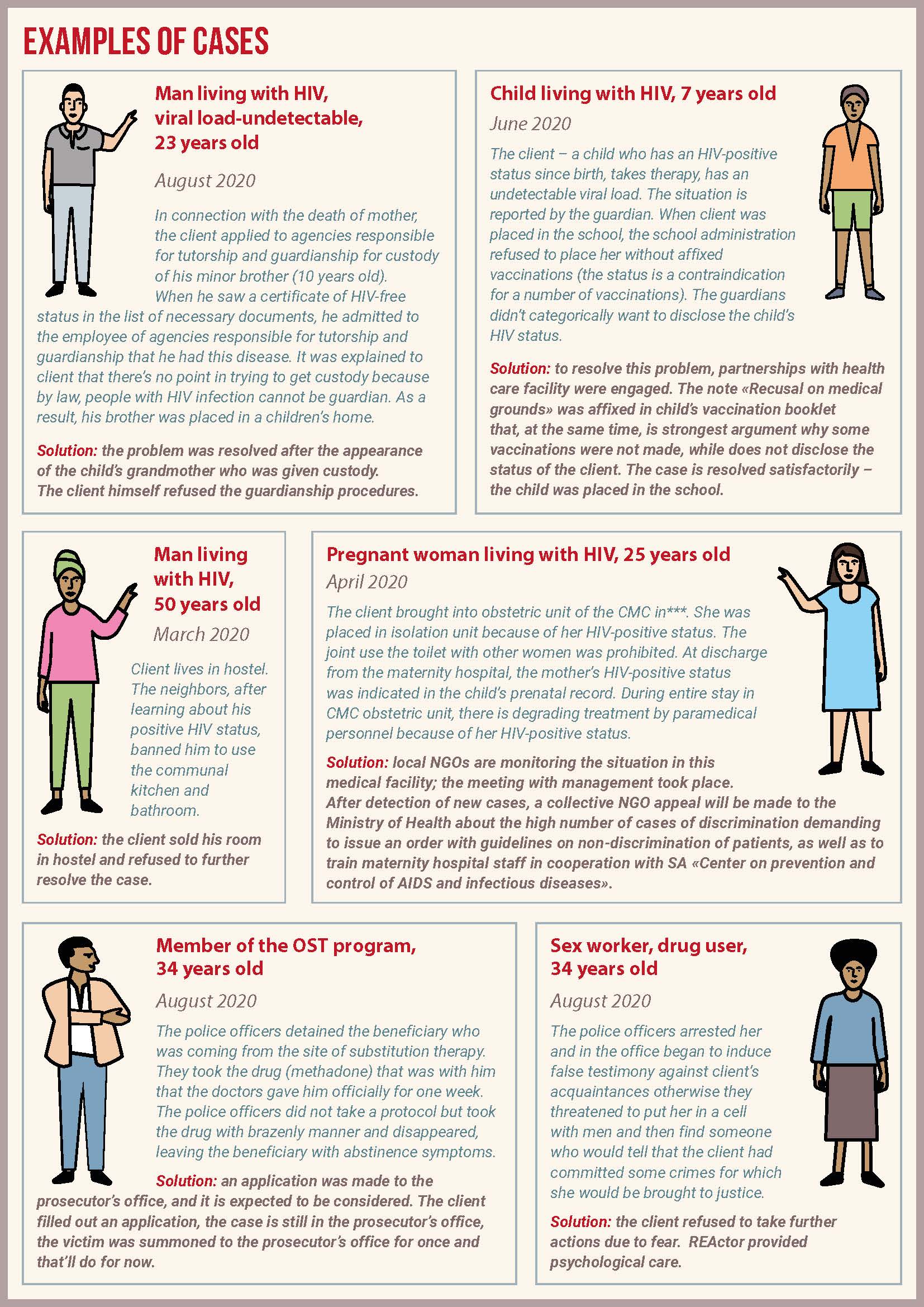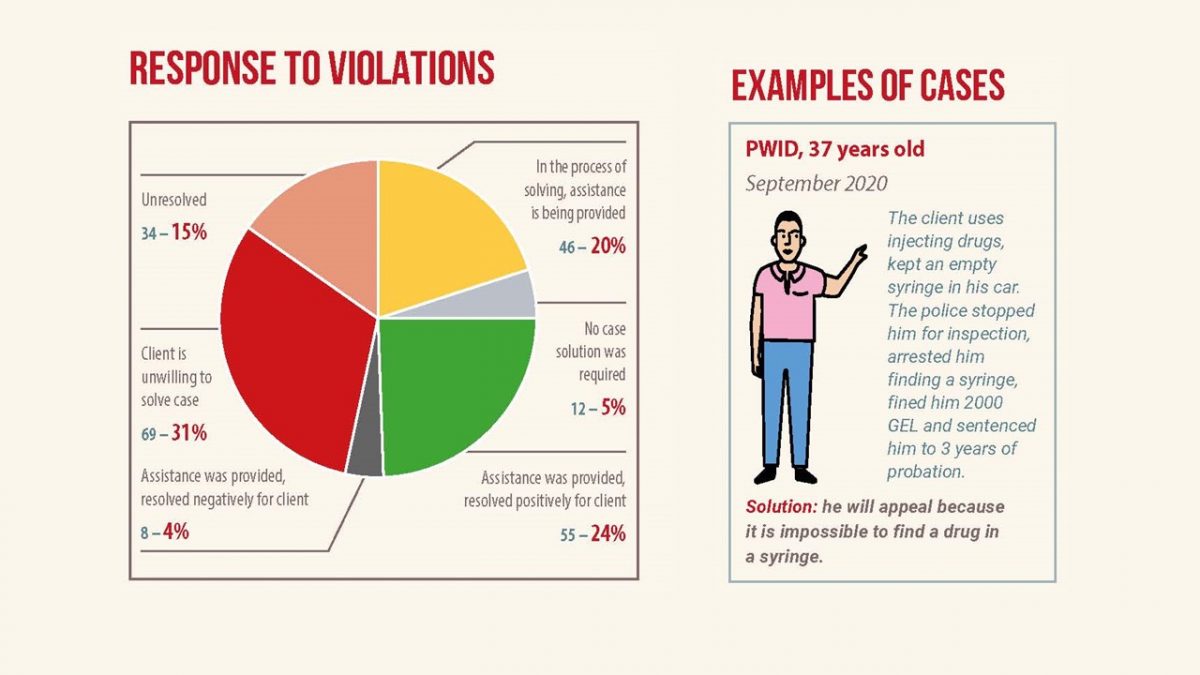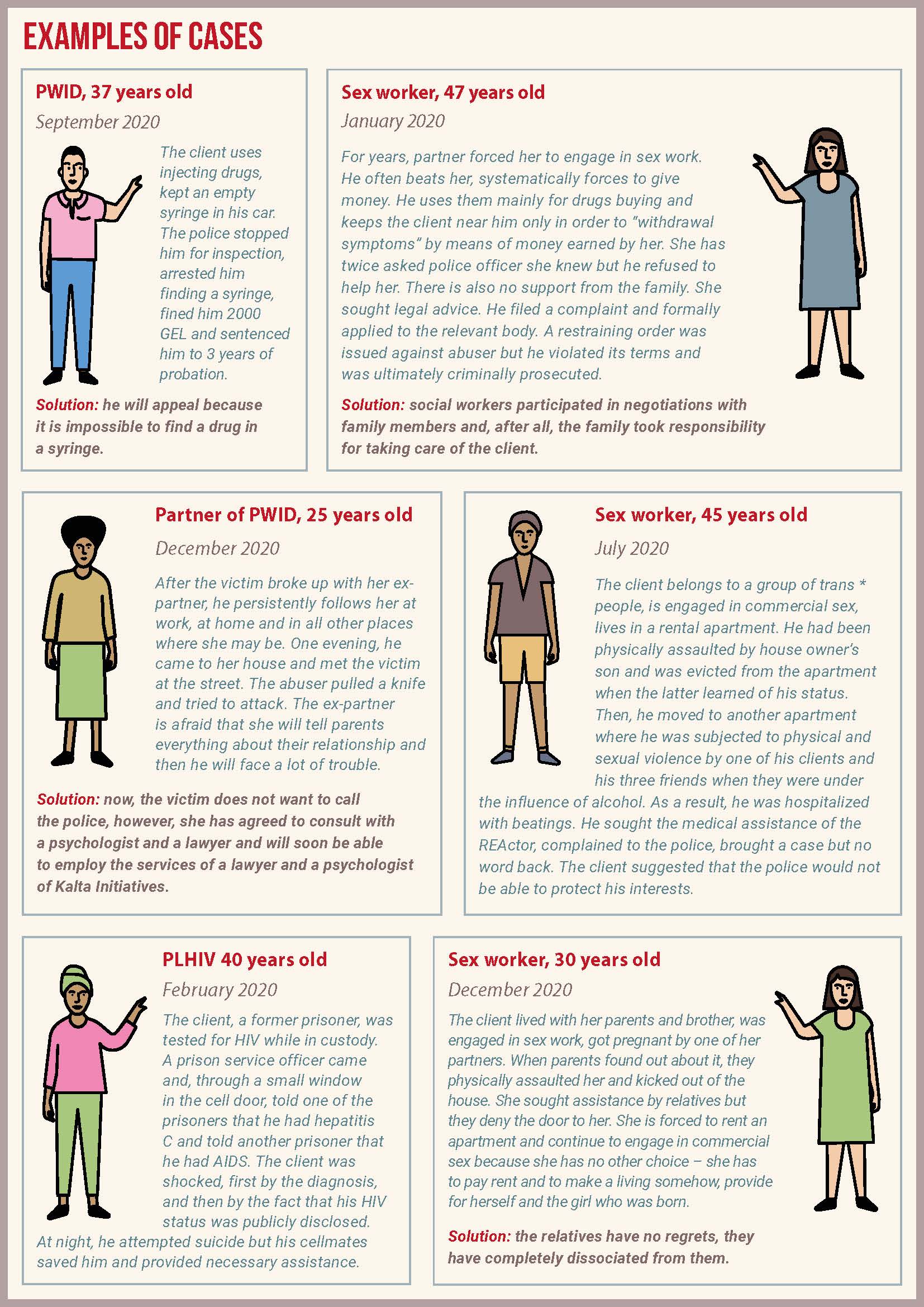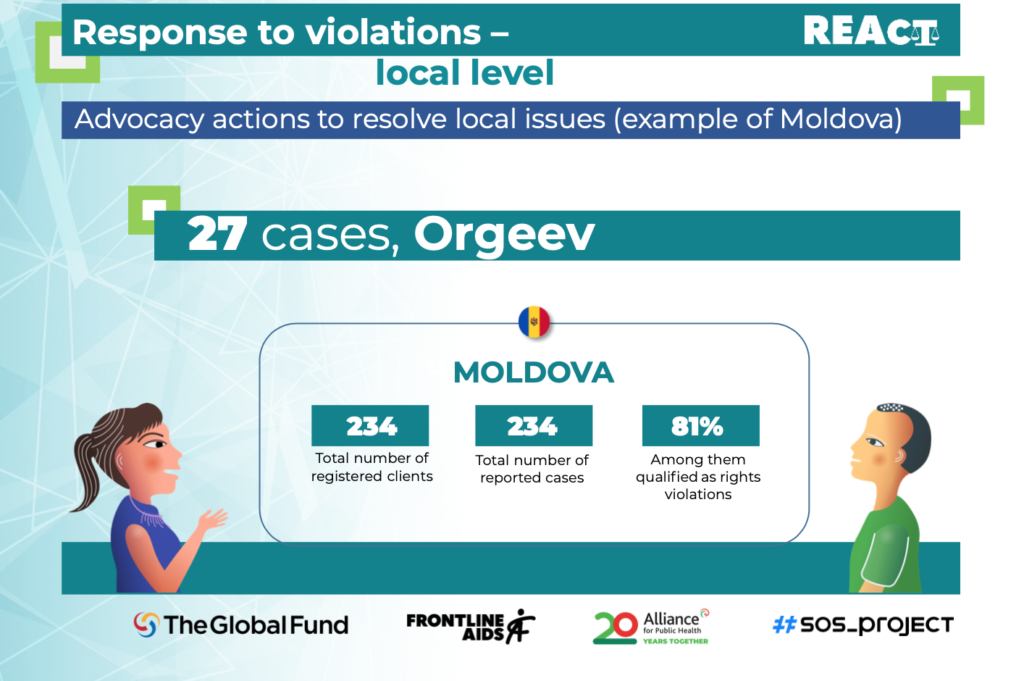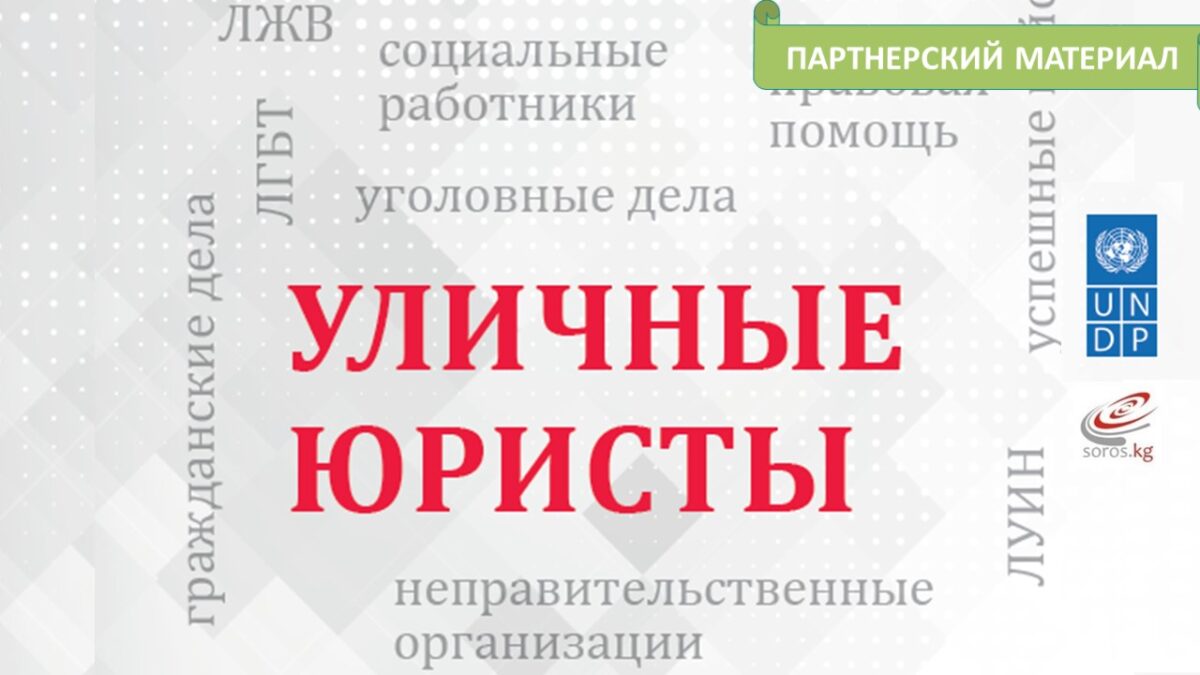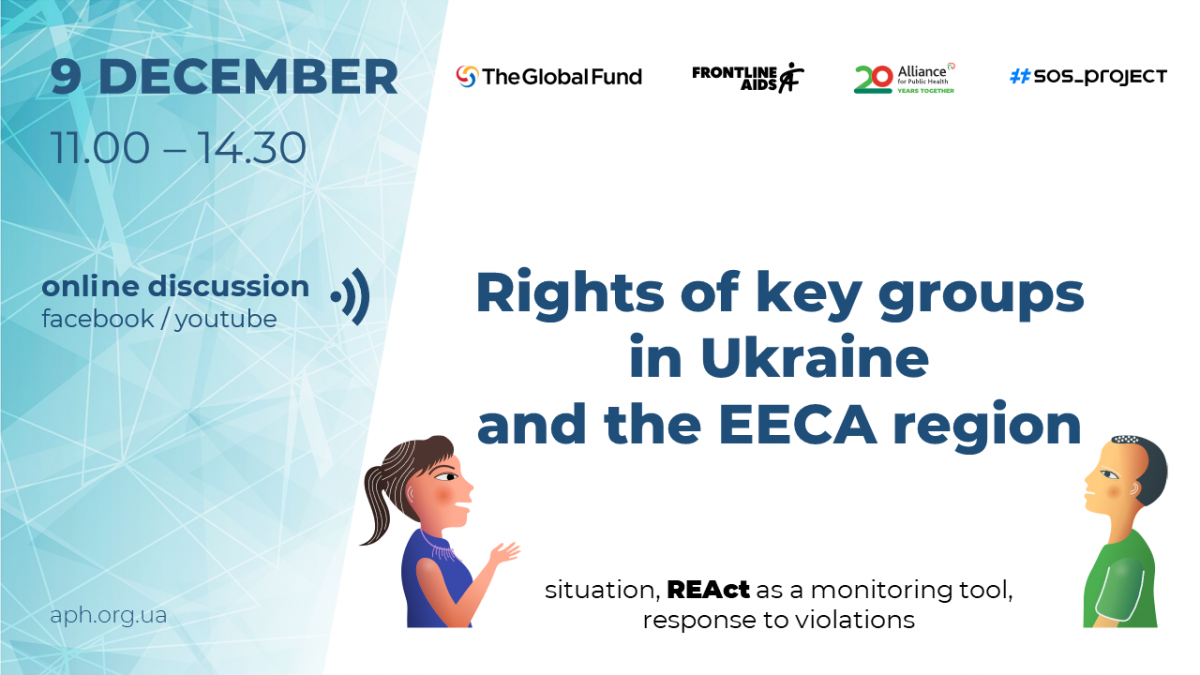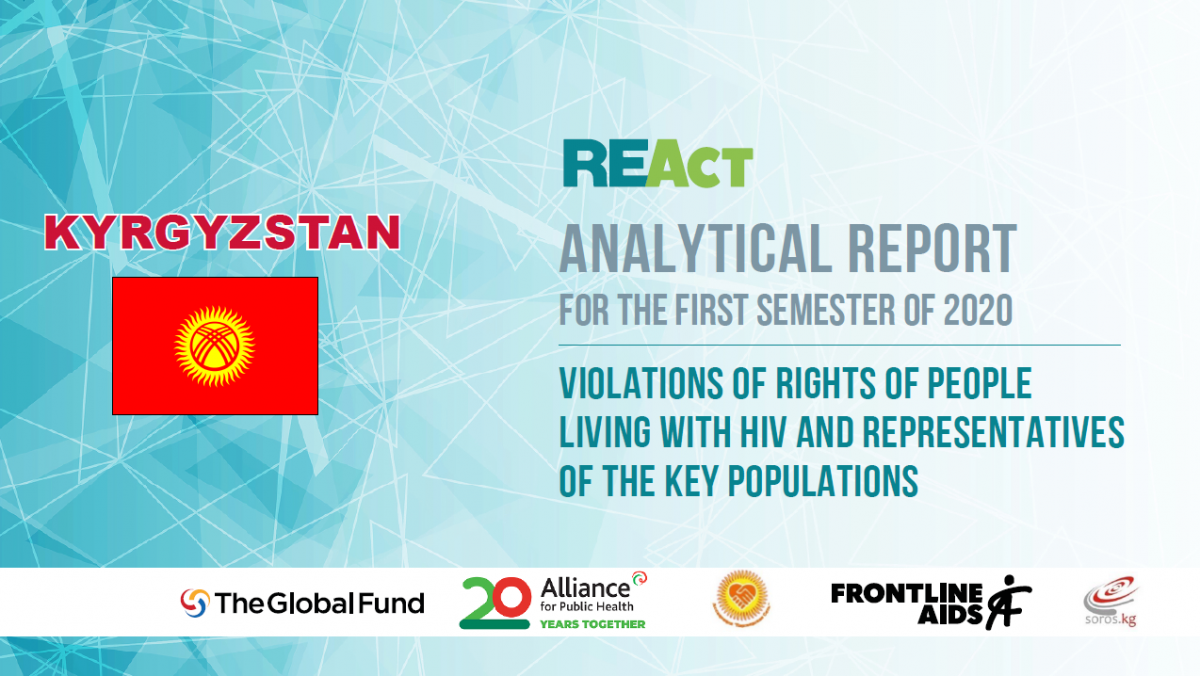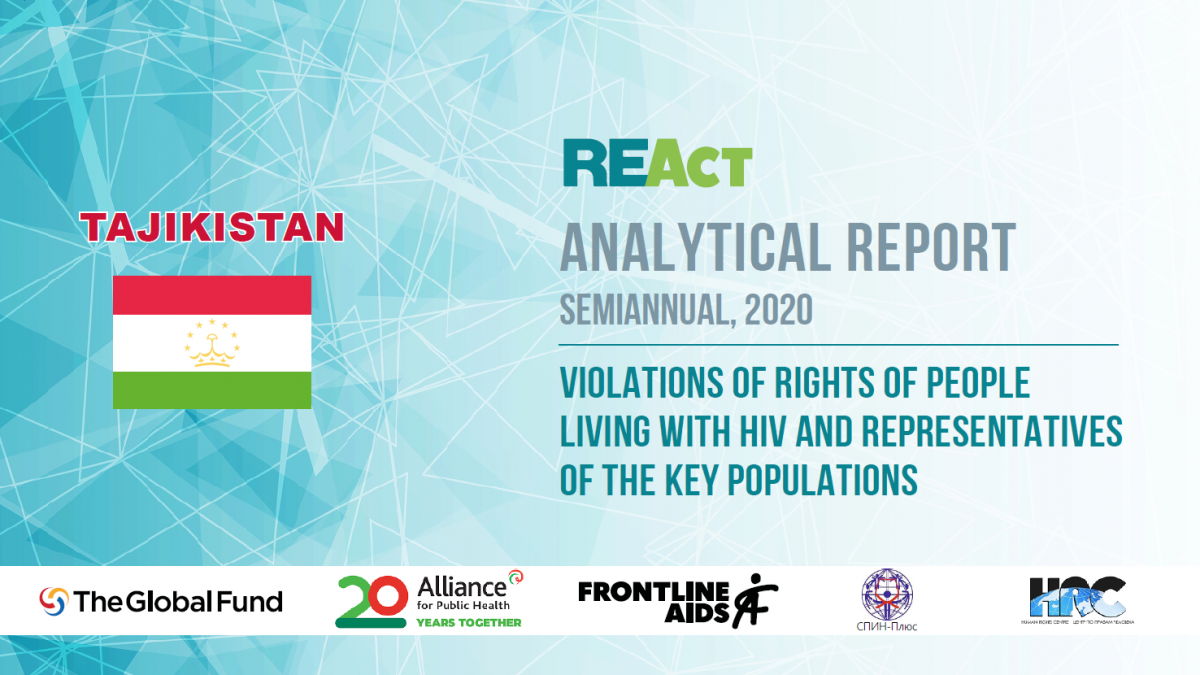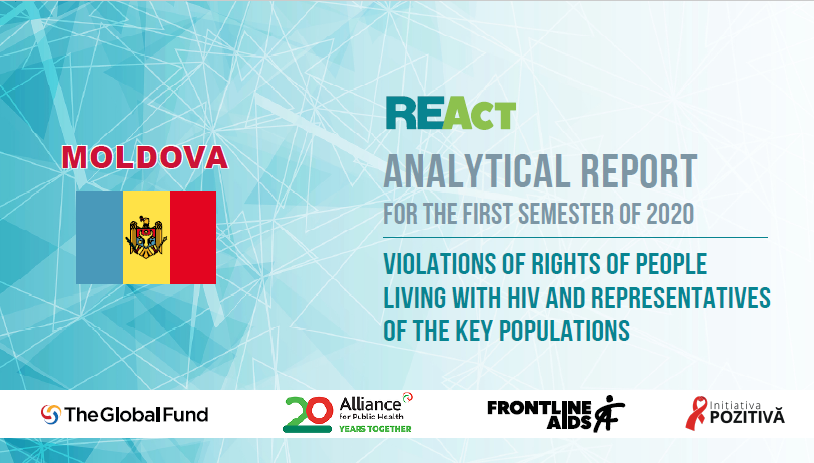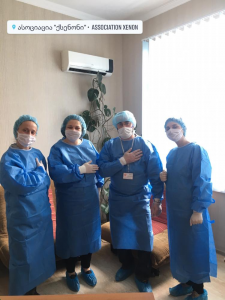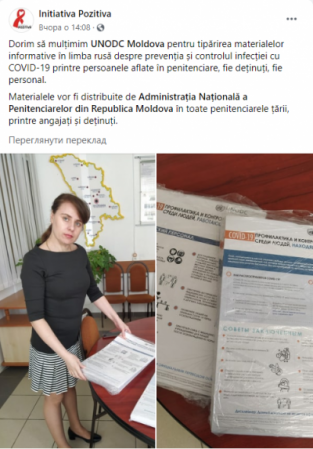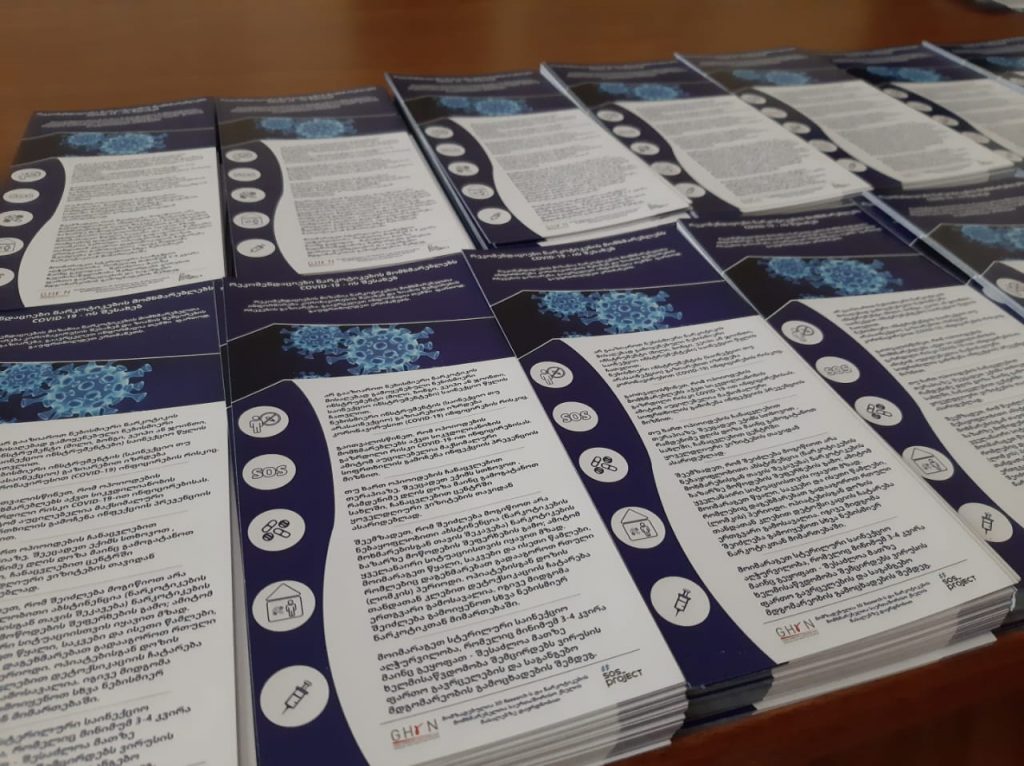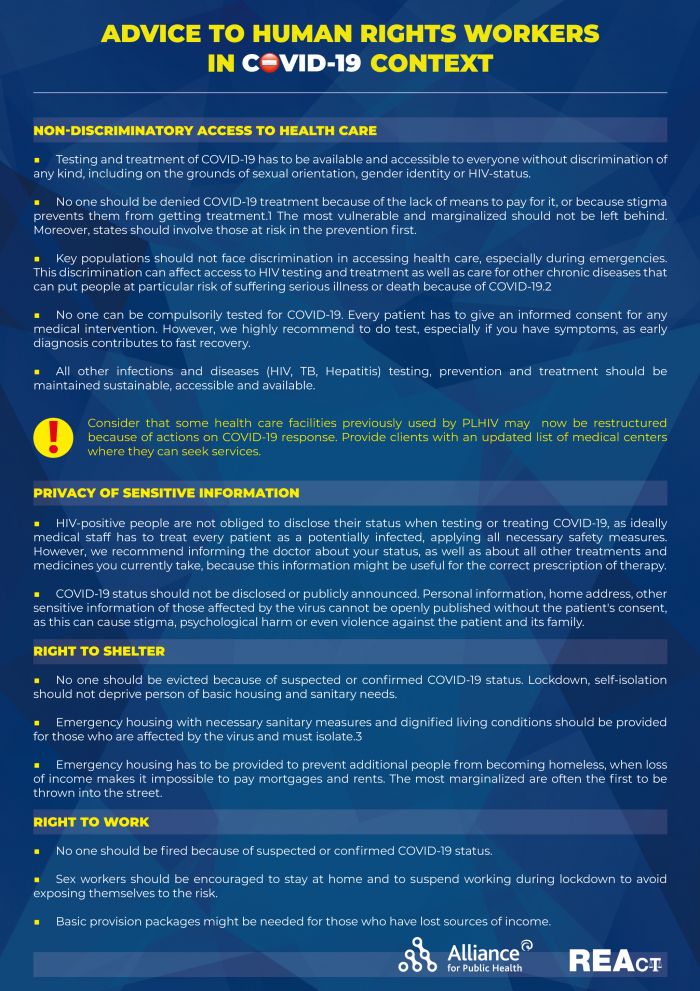Description of the situation
In December 2020, a young couple came to AIDS Center of the city *** for HIV testing under compulsory medical examination before the wedding. According to the results of testing, the man revealed HIV-positive status. The man informed his bride and she supported him. The detection of HIV+ status did not affect their decision to get married in any way and they continued to collect the documents necessary for marriage. In AIDS Center, the man was given a certificate and the girl wrote a receipt that she knew of the man’s HIV status and that she intended to marry him.
Then the couple went to the polyclinic to get a medical examination report. However, they received a refusal by the deputy chief medical officer of the polyclinic who, having learned of the bridegroom’s HIV status, refused to issue a document confirming a medical examination. According to him, an HIV-positive person should not enter into marriage with healthy people. The following day, the doctor called the girl’s parents and told them about the HIV+ status of the future bridegroom. The parents supported their daughter, pointing out that, if their daughter agrees then they also agree to the registration of marriage. However, the situation was not resolved, the doctor refused to issue the conclusion necessary for the official wedding.
Resolving the problem
In desperation, the couple sought legal assistance from REActor, peer counselor of NGO providing services for PLHIV. After legal advice, REActor, together with the young people, met with deputy chief medical officer and explained to him that he had no right to refuse to issue a document. The REActor backed up its words with the relevant articles of the Constitution and the Family Code of the Republic of Tajikistan. He also emphasized that a doctor has no right to disclose the HIV status of any person and to show discrimination of any kind against people living with HIV.
The meetings produced an understanding. The polyclinic issued the necessary certificate for marriage registration and the doctor apologized to the man. A few weeks later, the couple married.
Lawyer’s comment
In 2016, because of the growing number of cases of sexual transmission of HIV, measures have been taken at the legislative level under which a prenuptial medical examination is made an obligatory part of the marriage procedure in Tajikistan (art.15 of FC RT).
In accordance with the Government decision of the Republic of Tajikistan dated August 23, 2016, No. 374 “On approval of the rules for carrying out the compulsory medical examination of the individuals entering into the marriage”, paragraph 5 states that the civil registry authorities of the Ministry of Justice of the Republic of Tajikistan accept a marriage registration form only if there is a certificate giving an assurance that each person, entering into marriage, completed a medical examination.
An HIV test is also mandatory during a medical examination.
Paragraph 4 states that individuals entering into the marriage can undergo a medical examination in health facilities non-location-dependent. On the one hand, this may preserve confidentiality for HIV-positive persons but on the other hand, according to the doctors, such confidentiality endangering another person who marries him. That’s why, doctors unreasonably consider it a necessity and their duty to disclose the status to the second person of the couple and even to inform their family members about the status. Such actions of doctors do not help adherence of PLHIV to treatment in any way but rather, entail the marriage agreements dissolution and manifestations of the profound stigma by relatives.
IMPORTANT:
– The doctor has no right to not issue medical examination findings in the case of a positive HIV status in one of the couple.
– The doctor has no right to disclose the positive HIV status to anyone except the patient himself.
– The doctor is obliged to carry out high-quality pre and post-test counseling and in case of a positive result – to do everything in his power in order to the patient was dedicated to ART therapy.
– During the epidemiological examination, PLHIV sexual partners or some persons at risk may be invited to undergo voluntary HIV testing. At the same time, the identity of a contact HIV-positive person cannot be disclosed in any case.
Furthermore, because of the legislative requirements for medical examination at marriage, the number of unofficial “Nikokh” religious marriages is increasing. These marriages do not entail legal liabilities for the married but lead to the vulnerability of women and children in such marriages. In regard to civil registration, such a requirement can cause a decrease in the number of official marriages in the country. The family is the natural and fundamental nucleus of society and is entitled to protection by society and the State.
In 2020, almost 2,000 infractions were documented by REAct system (ReAct = Rights + Evidence +ACTion) in 5 countries of Eastern Europe and Central Asia, 165 of them were documented in Tajikistan.
The strategic analysis of cases of rights violations based on the data collected by means of REAct system allows not only to help specific people but also to formulate recommendations for the revision of legislation in countries based on real facts.
In doing so, the seriously challenge to the expansion of human rights protection in Tajikistan remains that nearly a third of the victims, after contacting human rights defenders, do not dare to defend their rights further on and refuse legal assistance due to fear of interaction with law enforcement agencies.



